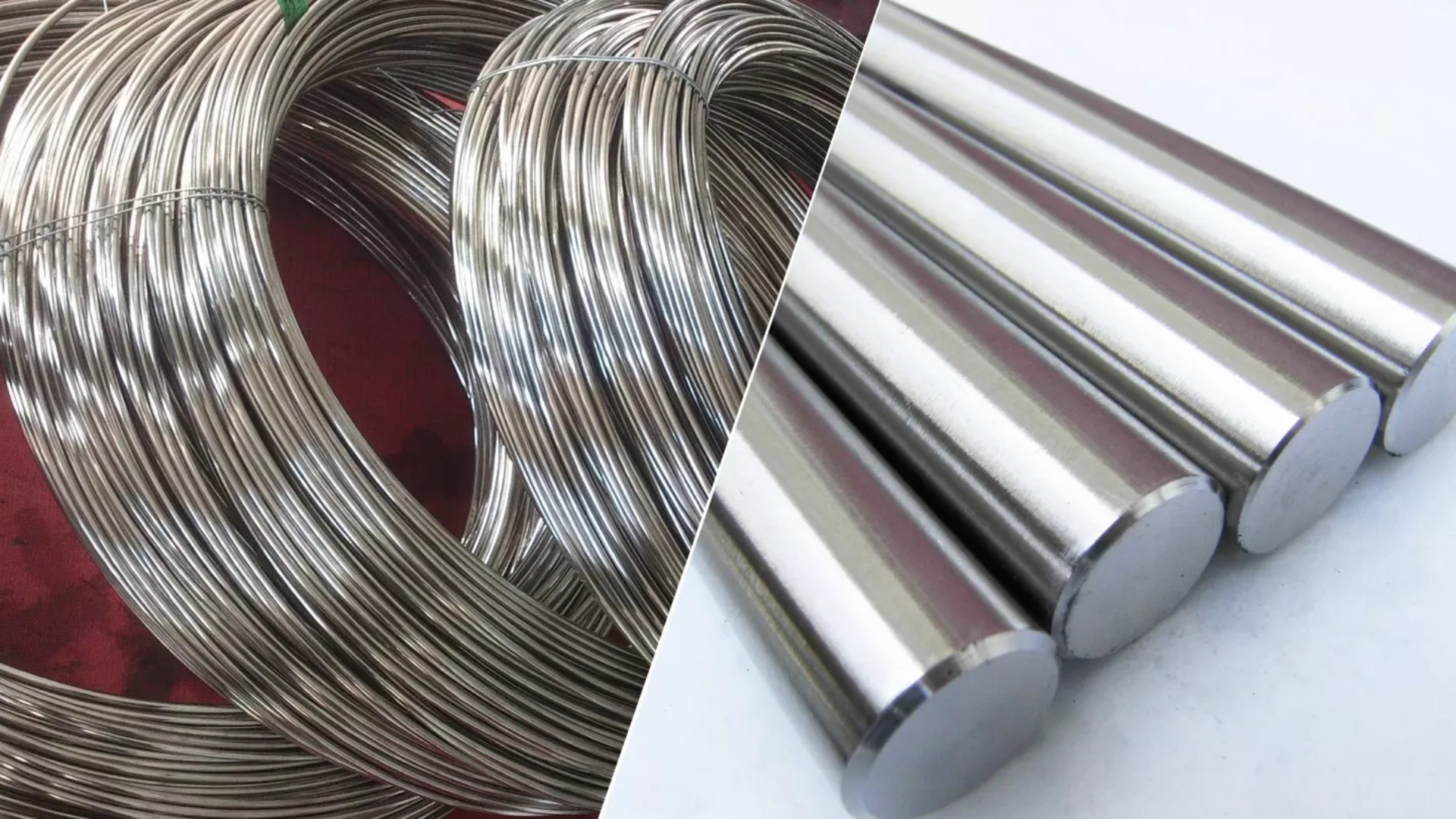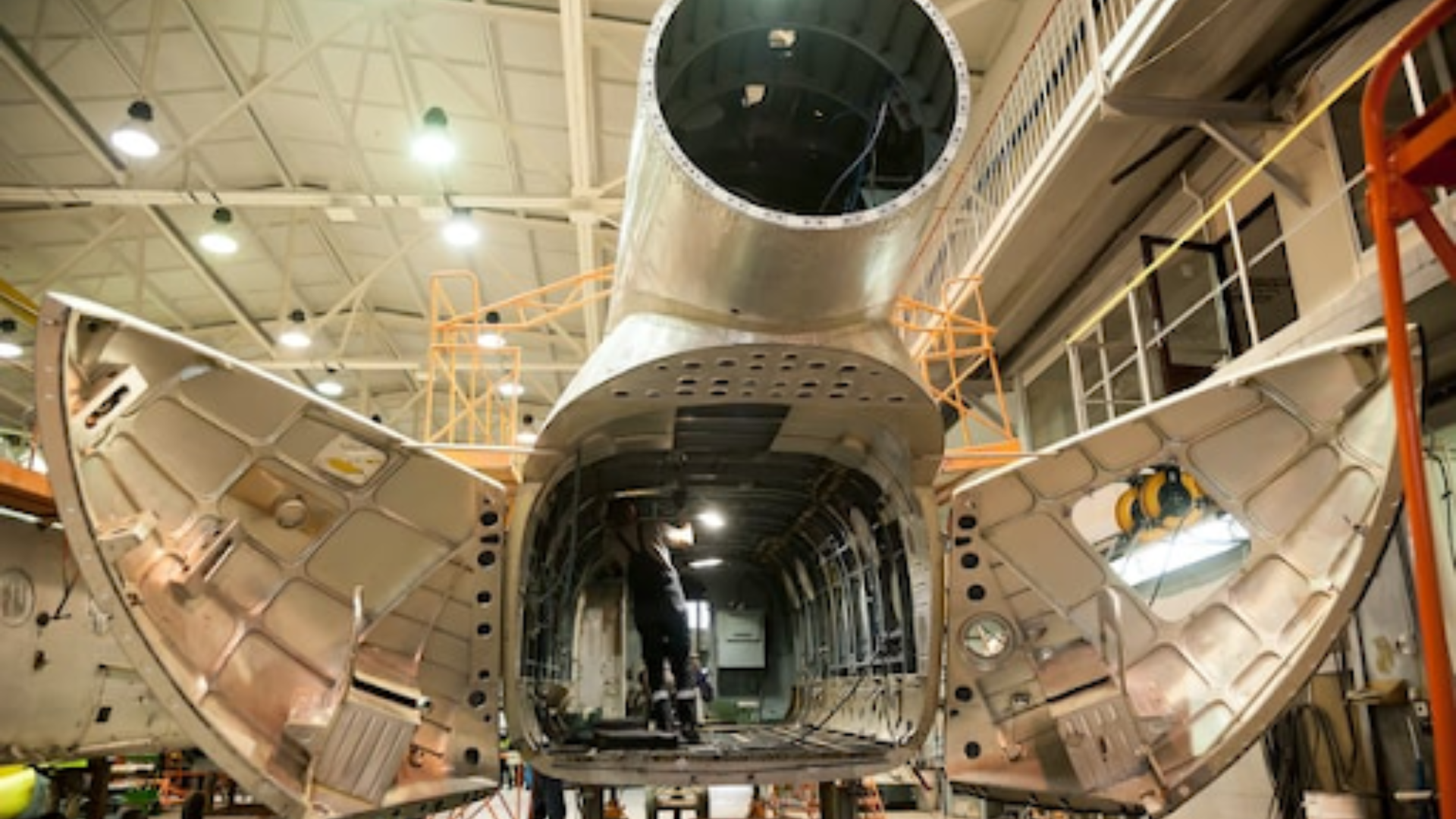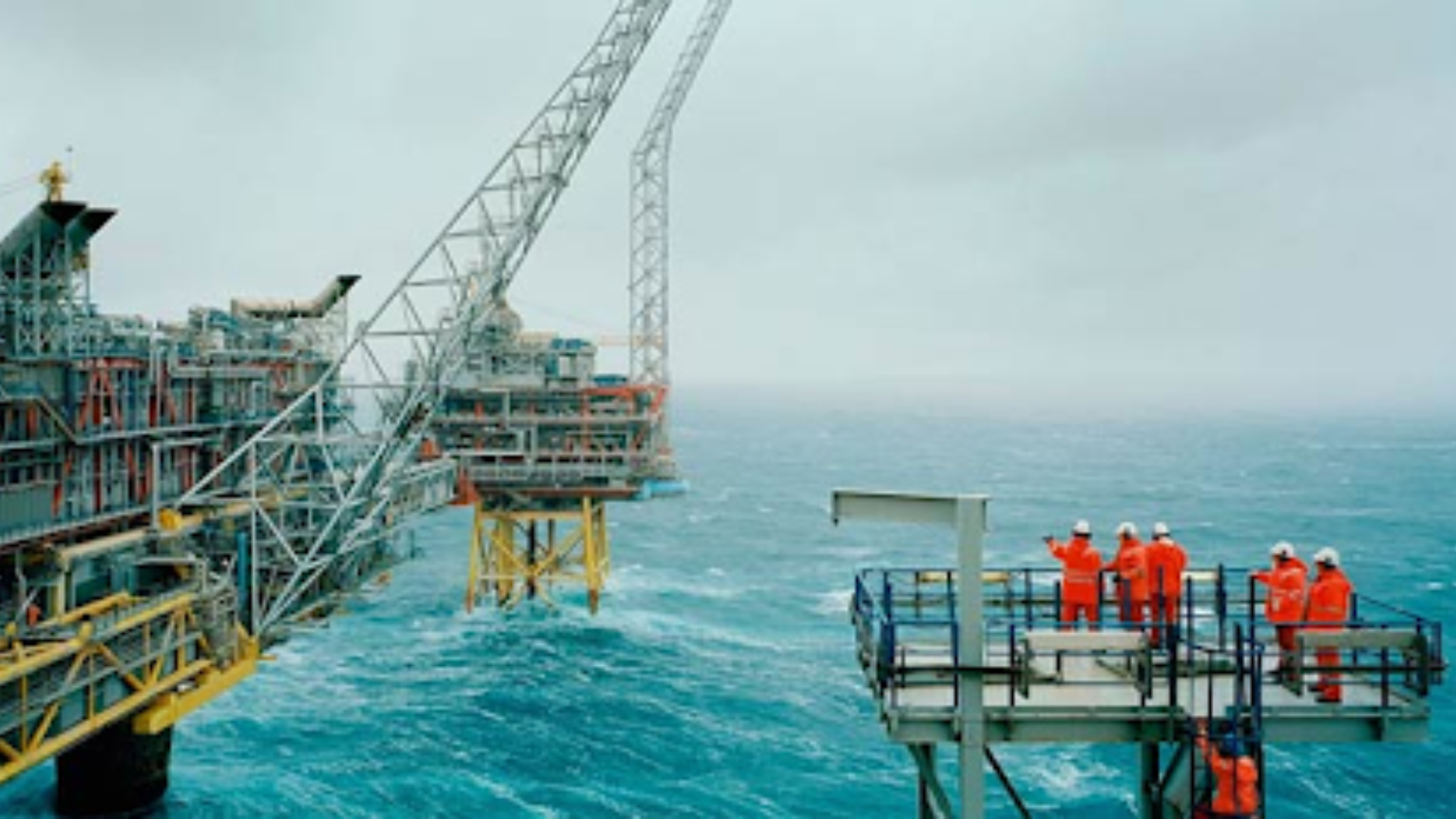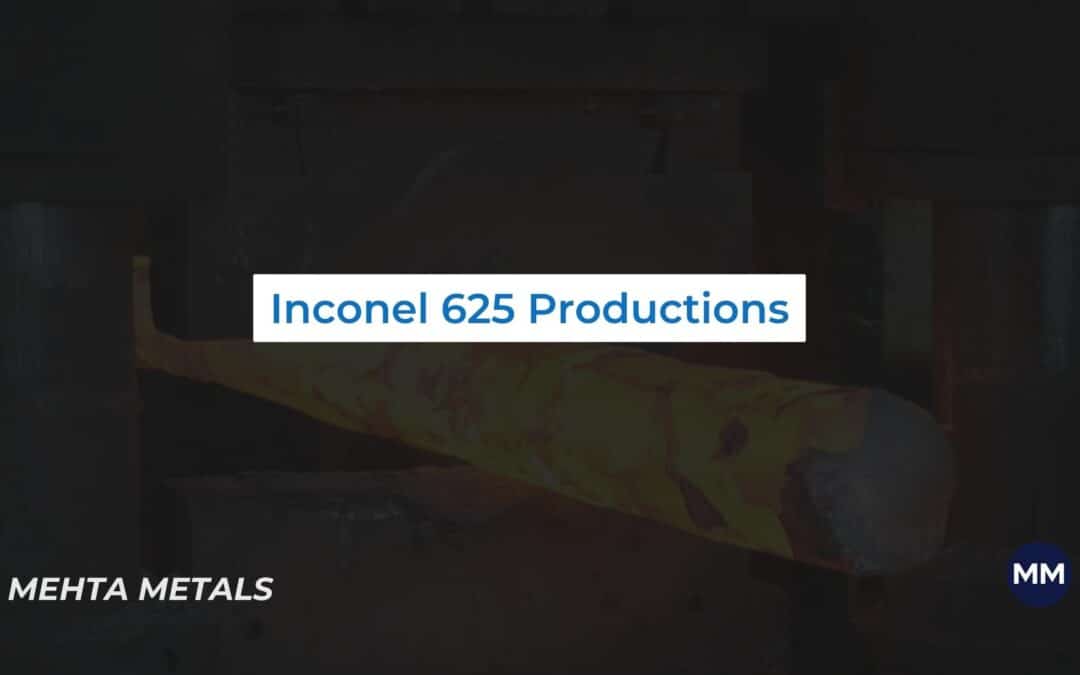Inconel 625 has a tensile strength range of 103 - 160 ksi, compared to stainless steel's 73.2 ksi, and can maintain that strength at higher temperatures than stainless steel.
The melting point of Inconel varies depending on the measurement, but reported statistics indicate it is between 2,350°F and 2,460°F (1,290°C and 1,350°C). Inconel 625 has a lower melting point than stainless steel, but it is stronger than stainless steel at high temperatures and resistant to oxidation and scaling.
As a superalloy, Inconel is well suited to extreme pressures and heats, as well as corrosion resistance. While stainless steel alloys are often more suitable for medical and sterile manufacturing applications, superalloys like Inconel are often more suitable for heat treating and other high-temperature processes.
Heat Treat Applications
It is well known that Inconel can withstand extreme temperatures, and it retains enough tensile strength at high temperatures to continue holding moderate loads ( 625 Inconel retains 13.3 ksi tensile strength at 2,000°F). Inconel is therefore an ideal basket material for heat treating applications compared to stainless steel alloys such as Grade 304, 316, and 330.
As opposed to stainless steel alloys, a basket made from a superalloy like Inconel won't lose shape as easily during heat treatment.

Rapid Temperature Changes
There may be a rapid succession of high and low temperature processes during some manufacturing processes. As Inconel alloys retain excellent oxidation resistance at both high and low temperatures, they can be used in processes ranging from near-cryogenic temperatures to high temperatures during heat treatment.
Saltwater Applications
Due to its extraordinary resistance to sodium chloride (salt) at a variety of temperatures, Inconel is often used in marine applications. Therefore, for processes that use salt or factories near the ocean, Inconel could be an ideal material for washing baskets. However, some stainless steel alloys are also highly resistant to saltwater. What conditions would make Inconel preferable?
The main advantage of Inconel over grade 316 stainless steel is the superior oxidation resistance at high temperatures. Inconel would retain its oxidation resistance better at high temperatures than grade 316 stainless steel.
Jet Engines
Marlin's manufacturing clients might use Inconel in the construction of jet engines and turbines. Jet engines are unique in that they must frequently withstand high and low temperatures while operating. According to the meteorology training website, at 36,000 ft. (well within the cruising altitude of a passenger jet), the average air temperature is -56.3°C (-69.3°F), but combustion can reach 1,150°C (2120°F) during combustion.
While cooling technologies can rapidly reduce temperatures, many metals' tolerances can still be easily exceeded when using cooling technologies. Despite rapid changes in temperature caused by combustion processes and cooling technologies in the aerospace industry, Inconel 600 retains high oxidation resistance and tensile strength.

Inconel is ideal whenever extreme temperatures and chemical resistance are required, and whenever temperature highs would otherwise compromise other metal's oxidation resistance.
It's important to evaluate the capabilities of numerous types of metal when choosing the best basket for your manufacturing process and needs. Inconel isn't the only metal to consider for different parts handling basket engineering challenges.
Corrotherm International loves its alloys, and some of them are so versatile that it is almost impossible to cover all of them in one article. We thought we'd take a look at some of the industries that benefit from INCONEL alloy 625, one of the most versatile alloys around.
We saw how 625 Inconel versatility has allowed it to be put to work across numerous industries for over half a century in our previous blog post.Our study focused primarily on its applications in fuel refineries and how its durability in corrosive environments makes it an essential material.
Throughout this second product focus feature, we will explore how 625 Inconel unique properties are being utilized to generate power and energy, as well as its surprising applications in the marine and aerospace industries - and even how it may be used in the future.
Waste-to-Energy
Environment-sound refuse disposal programs include the combustion of refuse to generate steam that can be used for heat or power generation. Municipal waste, however, contains high levels of halides (up to 0.5% in some cases), making it extremely corrosive at high temperatures.
Because nickel625 based alloys are remarkably resistant to halogen attack, 625 Inconel pipe has a minimum nickel 625 content of 58%, making it ideal for high halide environments. Due to this fact, alloy 625 has long been the most widely used alloy in refuse boilers. Generally, INCONEL 625 alloy has a corrosion rate of less than 0.25mm/y (10 mpy), so it should outperform steel tubing by at least ten times as well.
From Sea Water to Aerospace
In addition to seawater, INCONEL 625 seamless pipe excels in many other climates. With its high nickel 625 content, it has excellent resistance to chloride ion stress corrosion, and its high tensile strength and resistance to local attack (pitting and crevice corrosion) makes it ideal for marine applications. Typical marine applications for INCONEL 625 include steam liner bellows, undersea communication cables, and various submarine components such as auxiliary propulsion motors and quick-disconnect fittings.

Aside from its high tensile strength, INCONEL 625 also exhibits high creep strength, high rupture strength, and excellent welding properties. These features make it equally suited to aerospace applications, such as ducting and exhaust systems, turbine shroud rings and seals, and thrust reversers.
The Future of INCONEL 625
In the future, as we continue to strive to reduce the environmental impact of generating energy and disposing of waste, INCONEL 625 alloy will likely play a crucial role in the growth of municipal waste-to-energy systems and refuse-derived fuel plants.
The INCONEL 625 pipe could also be used in solar power plants as solar energy becomes increasingly popular. Electric generators are often powered by hot salt, which is heated to a temperature between 621 and 635°C (1150-1175°F) by the sun at night. In this process, potassium and sodium nitrate are mixed to form an eutectic mixture, creating a corrosive environment that requires INCONEL 625 tubing.
Inconel 625 has been a critical construction material for over half a century and doesn't seem to be going anywhere anytime soon.

